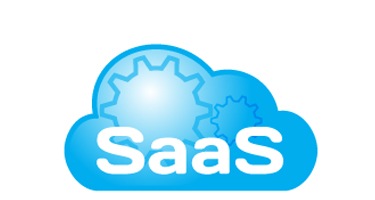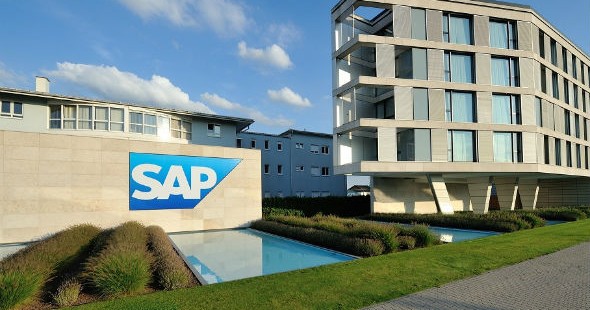Helen Baker| Business2community
If your business has stayed informed on the trends of cloud computing, there is no doubt Software-as-a-Service (SaaS) has come to mind. Software has traditionally provided significant overhead for IT, from deployment to support. Nowadays, IT departments are finding themselves managing the hosted services for enterprise software applications. Accessing the cloud is now in part a process of using the ERP, CRM, and database software that used to be managed on premise.
Acquisition, licensing, and integration of these applications alone can cost an enterprise a fortune, plus IT personnel are constantly working to support everything. There are a number of reasons to consider SaaS. These benefits have contributed to the popularity of the phenomenon and the overall appeal of cloud computing for businesses of all sizes.
- Lower Risk. The aspects of implementing enterprise software systems mentioned above are costly. With the deployment comes some risk that the end result won’t justify the budget demand. The lower initial investment with SaaS also means an undesirable result can be compensated for by moving in a different direction, without abandoning an expensive software infrastructure.
- Shifting Focus. By switching to SaaS, your enterprise offloads the IT department of day-to-day activities related to monitoring performance, managing upgrades, and installing patches. The IT staff can work more in line with other business departments, helping to relate new technologies to business needs and providing advice on using them to meet objectives.
- Reduce Expenses: Another reason to consider SaaS is the reduction of expenses for software use and management, IT overhead, and the equipment to go along with it. Energy consumption is also a factor. The overall offload of using software in the cloud reduces the energy demands of the enterprise, ultimately driving down expenses.
With the benefits and growing popularity of SaaS comes the emergence of a few fast-growing software vendors. If your enterprise is considering a switch, tracking which SaaS vendors are seeing significant growth can help determine which ones are worth pursuing. They include:
- Salesforce, one of the oldest CRM vendors, is already the largest independent provider in SaaS. In addition to CRM, the company offers a number of Web services. It introduced Platform-as-a-Service in 2008 and continues to see significant growth.
- Oracle. The SaaS reach of this software company hasn’t yet expanded to great lengths. In 2013, it is expected to make available a family of SaaS offerings, so the potential for significant growth is there.
- SAP bought into some SaaS businesses in 2012 and offers its own ERP suite, while its on-premise Business Suite is expected to undergo a transformation to accommodate large businesses moving their software infrastructure to the cloud.
In addition to the well known Microsoft brand, a major player in SaaS, and Intuit, other companies are growing their influence in the industry.
- Okta, Ping Identity, and OneLogin. These are vendors providing single sign in for multiple SaaS applications simultaneously, an area that is expected to grow significantly in the coming year.
- NetSuite, Plex Systems, and Kenandy are examples of vendors targeting their SaaS offerings to single markets such as manufacturing. Experts suggest this trend will grow in 2013, creating an advantage for such vendors.
The state of cloud computing, when it comes to SaaS, is a growing one. Enterprises are finding many advantages to moving their software infrastructure off-site. As a result, many vendors, both established and up-and-coming, are experiencing rapid growth, affording many choices for your enterprise to establish itself in the cloud.













